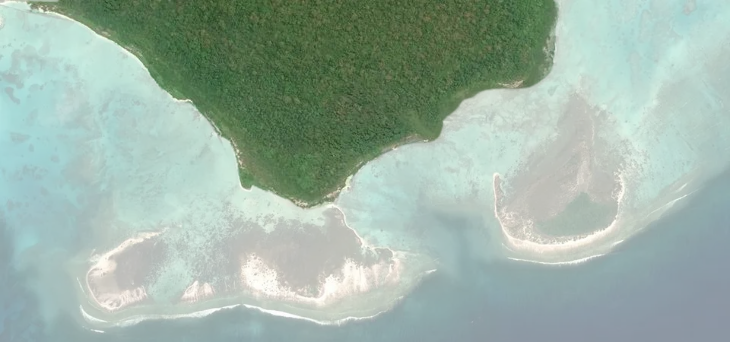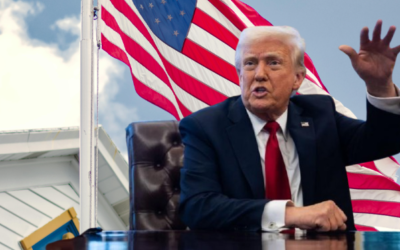Prominent figures are cautions the group about a ‘new’ danger facing uncontacted tribes following the arrest of tourists.

A charity has raised concerns that social media influencers represent a “growing and serious threat” to uncontacted indigenous communities, following the arrest of a US tourist who ventured to a restricted island in the Indian Ocean. Mykhailo Viktorovych Polyakov, 24, reportedly landed on North Sentinel Island in an attempt to engage with the isolated Sentinelese tribe, documenting his visit and leaving behind a can of Coke and a coconut on the beach. Survival International, an organization dedicated to advocating for the rights of tribal peoples, described the incident as “deeply disturbing,” highlighting that it endangered both the tourist’s safety and that of the tribe. The US government has stated that it is aware of the situation and is “monitoring” developments.

HGS Dhaliwal, the police chief of the Andaman and Nicobar Islands, informed the news agency AFP that “an American citizen” was brought before a local court and has been remanded for three days for “further interrogation.” According to AFP and Mr. Dhaliwal, Mr. Polyakov attempted to attract the attention of a local tribe by blowing a whistle near the island’s shore for roughly an hour. He then landed for around five minutes, during which he left offerings, collected samples, and filmed a video. The police chief stated to AFP that footage from Mr. Polyakov’s GoPro camera captured his entry and landing on the restricted North Sentinel Island.
It is illegal for both foreign nationals and Indians to approach within five kilometers (about three miles) of the islands to safeguard the indigenous populations. Police reports indicate that Mr. Polyakov had previously visited the area on two occasions, including once with an inflatable kayak last October before he was stopped by hotel personnel. After his arrest earlier this week, he reportedly told the police that he was a “thrill seeker,” as reported by Indian media. Survival International emphasized that the Sentinelese have consistently expressed a desire to avoid outside contact and warned that such visits threaten the tribe, which lacks immunity to diseases from outside sources. Jonathan Mazower, a spokesperson for Survival International, shared with the BBC that there are growing concerns regarding social media as an additional threat to uncontacted tribes.
Several media reports have implicated Mr. Polyakov in a YouTube account featuring videos from a recent trip to Afghanistan. He commented, “In addition to the more established threats faced by these communities—such as logging and mining in the Amazon—there is now a rising number of social media influencers engaging in similar activities for followers.” Mazower noted a burgeoning fascination with this type of exploration on social media. Survival International characterizes the Sentinelese as “the most isolated Indigenous people in the world,” inhabiting an island approximately the size of Manhattan. Mazower estimated the tribe’s population to be around 200, while acknowledging the difficulty in determining their exact numbers.
Limited information exists about the tribe, apart from their identity as a hunter-gatherer society living in small settlements and their overall “extremely healthy” condition, according to him. He highlighted that this incident underscores the critical need for government protections for communities like the Sentinelese. The UN’s Indigenous and Tribal Peoples Convention obligates governments to uphold the rights of such groups. Although India’s government has initiatives for tribal welfare, it has faced criticism in recent years for inadequately preventing evictions.


